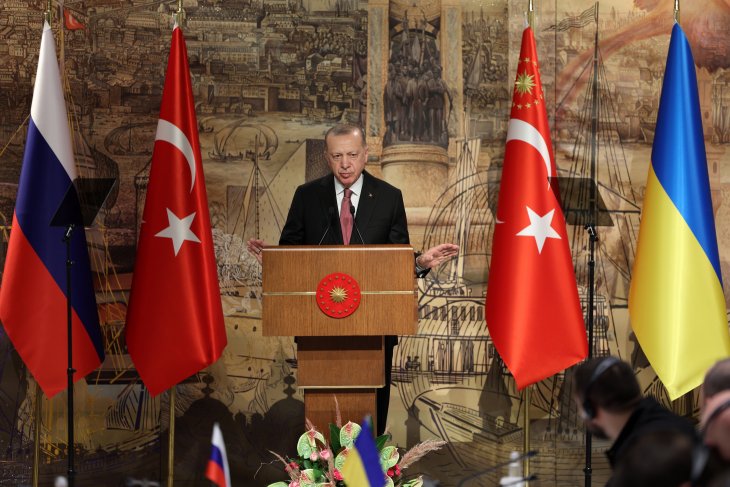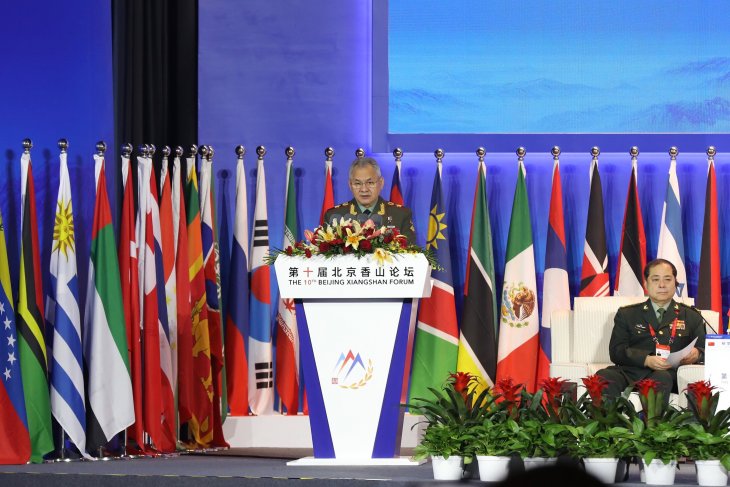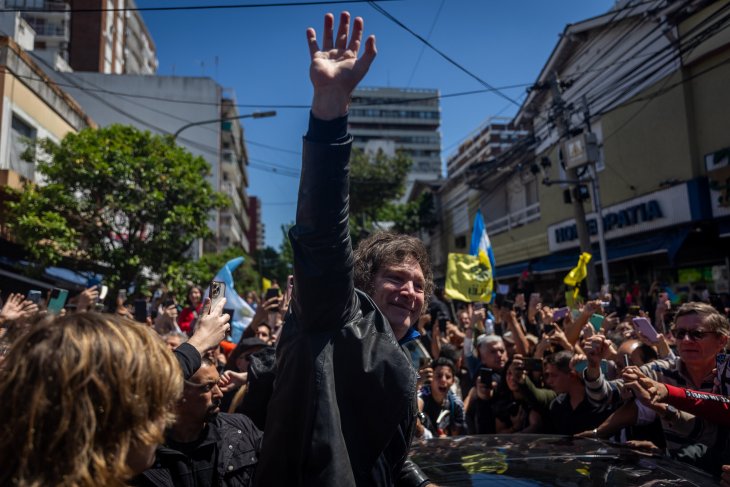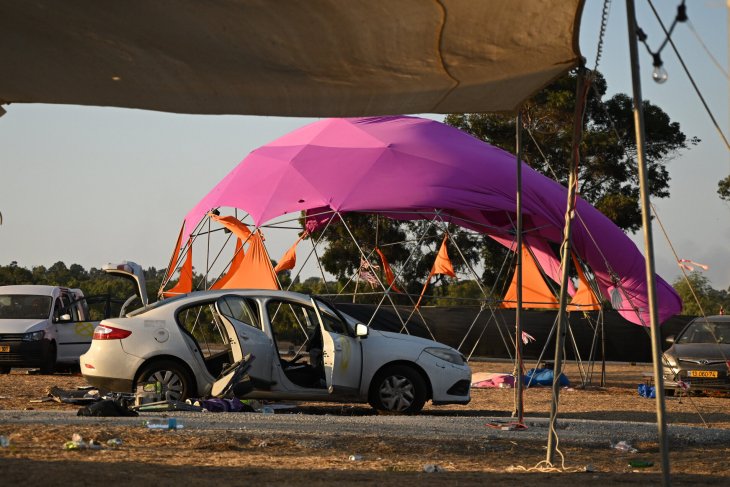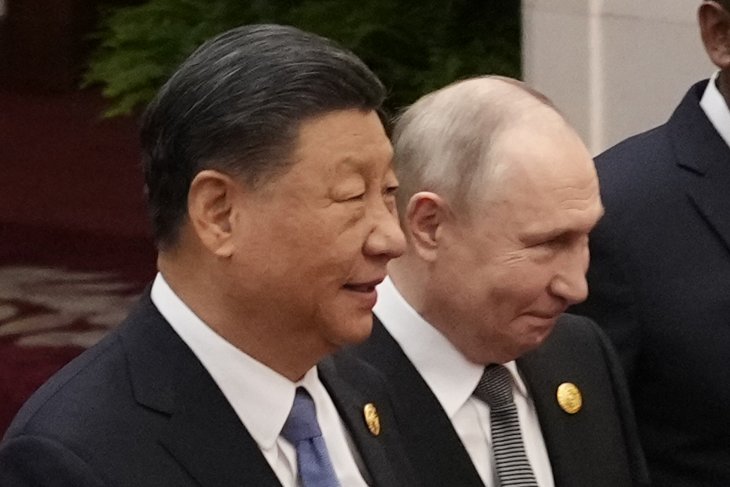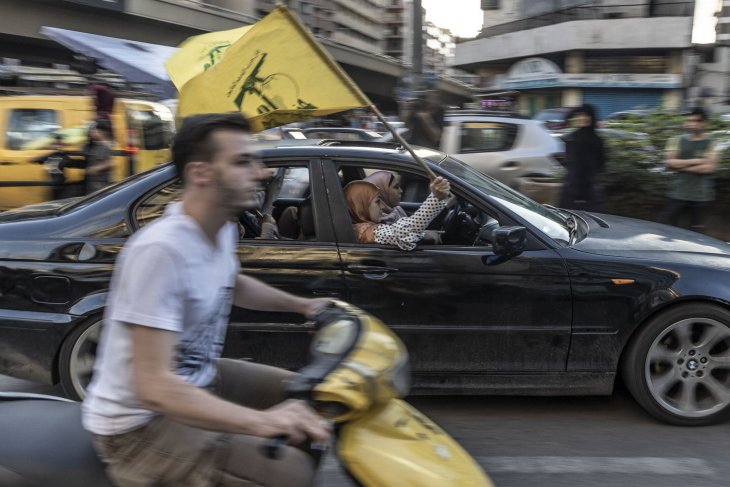In 1982, Israel invaded Lebanon in order to drive out the Palestine Liberation Organization (PLO). The invasion marked the start of a dangerous balance of terror between Israel and Hezbollah.
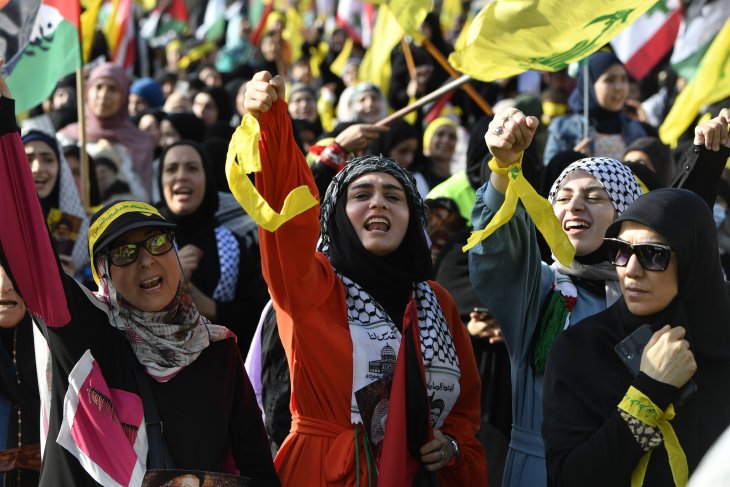
Hundreds of people gather to follow the speech of Hezbollah Secretary General Hassan Nasrallah, on a screen, in Beirut, Lebanon on November 3, 2023. Photo: Houssam Shbaro/Anadolu via Getty Images
Lebanon held its breath on Friday 3 November. People stood by their packed suitcases, ready to travel to the airport to leave the country.
Even Lebanon’s prime minister, Najib Mikati, sat in front of the television, waiting to find out whether the country he leads was at war. Then Hassan Nasrallah, leader of Hezbollah, the world’s most heavily armed non-state actor, came to the lectern.Read More
